2017 promoted faculty recognized
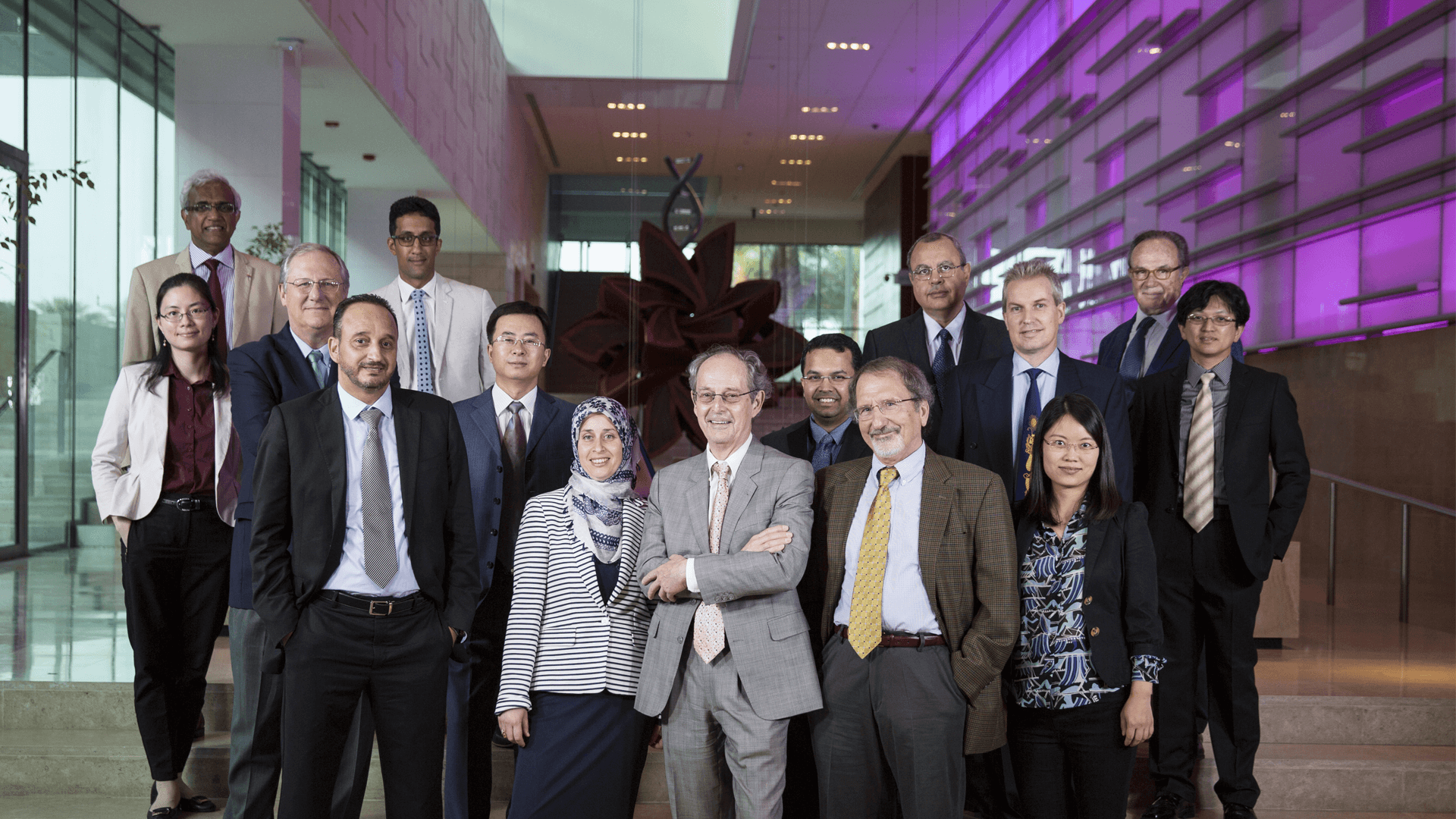
Pictured (from left to right), front row: Mohamed Eddaoudi, Taous-Meriem Laleg-Kirati, KAUST President Jean-Lou Chameau, Nikos Hadjichristidis, Xianglang Zhang. Second row: Ying Wu, Vice President for Academic Affairs James Calvin, Yu Han, Muhammad Hussain, Marc Genton, Lain-Jong (Lance) Li. Back row: Dean Yves Gnanou, Mani Sarathy, Dean Mootaz Elnozahy, Dean Pierre Magistretti. Photo by Ginger Lisanti.
On the evening of May 8, ten KAUST faculty members were promoted at a gala dinner ceremony. KAUST President Jean-Lou Chameau and members of University leadership honored the accomplishments of the faculty by announcing the individual promotions to the distinguished professor, professor and associate professor designations.
"Congratulations to our promoted faculty. Through your endeavors and discoveries, the University's reputation for excellence continues to be elevated both locally and globally," stated Chameau. "Your achievements as well as the caliber of talent in our academic community continue to shape KAUST as a destination for passion, curiosity, innovation and impact."
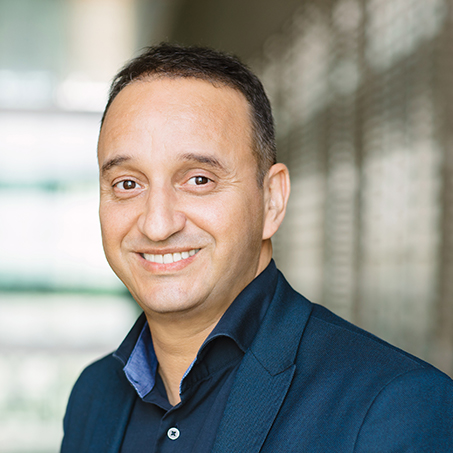
Mohamed Eddaoudi, chemical science—recognized as a distinguished professor
KAUST Professor Mohamed Eddaoudi is regarded as one of the world leaders in the field of metal-organic frameworks (MOFs), which are used to make significant strides in the realm of energy storage and environmental control. Eddaoudi was the first to prove that MOFs can be permanently porous, after which he introduced another seminal contribution, disclosing that MOFs with unprecedented surface areas can be easily activated. With his team at the KAUST Advanced Membranes and Porous Materials Center (AMPM), Eddaoudi has produced a range of innovations, including a novel battery-electrode separator using metal-organic materials for performance improvements in batteries and electrochemical cells.
Eddaoudi has received many honors and awards in his scientific career, including the National Science Foundation Career Award and selection as one of the Talented Young Crystallographers in the world. He has been selected as a Highly Cited Researcher and as one of the world's most influential scientific minds by Thomson Reuters IP & Science for the last three years.
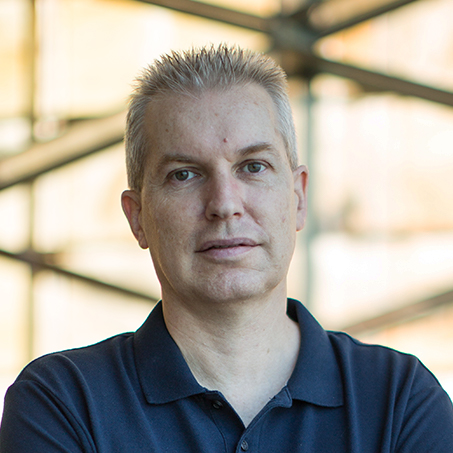
Marc Genton, applied mathematics and computational science—recognized as a distinguished professor
KAUST Professor Marc Genton's research focuses on statistical analysis, flexible modeling, prediction and uncertainty quantification of spatio-temporal data with applications in environmental and climate science, renewable energies, geophysics and marine science. He is a fellow of several scientific associations, such as the American Statistical Association, the Institute of Mathematical Statistics and the American Association for the Advancement of Science. He was also an elected member of the International Statistical Institute. In 2010, he received the El-Shaarawi Award for Excellence from the International Environmetrics Society and the Distinguished Achievement Award from the Section on Statistics and the Environment of the American Statistical Association.
Genton's scientific production includes 195 articles in scientific journals, a book on multivariate skew-elliptical distributions and over 300 presentations at conferences and universities worldwide. He is also editor-in-chief of the journal Stat.
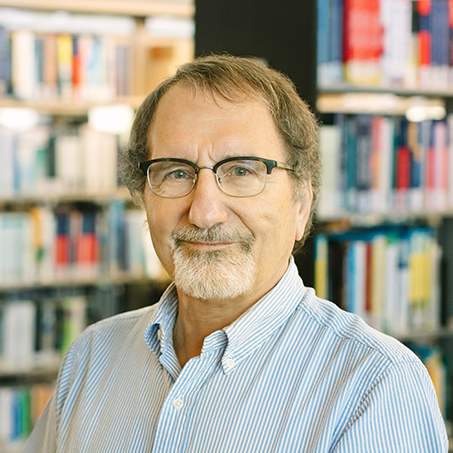
Nikos Hadjichristidis, chemical science—recognized as a distinguished professor
KAUST Professor Nikos Hadjichristidis contributed to the design and synthesis of an unprecedented collection of flaw-free, narrowly distributed macromolecular architectures and well-defined mesostructures by pioneering original synthetic methods. These polymers can help scientists carrying out research on other disciplines, including membranes, solar and fuel cells and biomaterials. At KAUST, he is working with non-metal (green or environmental friendly) anionic polymerization and using phosphazene bases for the fast and controlled polymerization of a wide range of monomers. He is also developing novel strategies for preparing well-defined polyethylene-based copolymers (catalytic living polymerization).
Hadjichristidis was awarded the 2016 Macro Group U.K. Medal for Continued Outstanding Achievement in Polymer Science and the 2015 American Chemical Society National Award for Polymer Chemistry (sponsored by ExxonMobil Chemical Company). He also received the International Award of the Society of Polymer Science from Japan in 2007. He is the founding member and past president of the European Polymer Federation. He has also published more than 400 peer-reviewed manuscripts and has 19 patents to his credit.
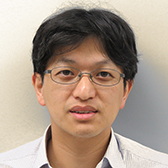
Lain-Jong (Lance) Li, material science and engineering—promoted to the rank of professor
KAUST Professor Lain-Jong (Lance) Li joined the University in 2014 after holding a research fellow position at the Institute of Atomic and Molecular Sciences, Academia Sinica in Taiwan. He has several years of work experience in industry with the Taiwan Semiconductor Manufacturing Company. He obtained his Ph.D. in condensed matter physics from the University of Oxford in 2006. Li pioneered the growth of 2-D transition-metal dichalcogenides (TMDs)—namely MoS2 and WSe2 monolayers—by chemical vapor deposition (CVD), a method recognized across the world as the best to produce high-quality 2-D materials. His work has stimulated the whole TMDs, which exhibit electronic properties that make them suitable for the next generation of flexible electronics. He also developed Li-S batteries that exhibit much higher capacities than Li-ion batteries and is in the process of commercializing these batteries.
He publishes in prestigious journals, including Science, Nature Nanotechnology, Nature Physics, Nature Communications and Advanced Materials, and he has received several awards, including the Humboldt Research Fellowship for Experienced Research in 2011. He has presented numerous lectures at various conferences and was an invited speaker at more than 60 international symposia. He is also the Editor of FlatChem, an Elsevier journal focusing on the chemistry of 2-D and flat materials and is the CTO of a company that produces graphene-based thermal dissipating sheets for electronics.
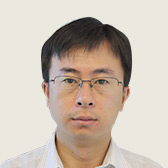
Yu Han, chemical science—promoted to the rank of professor
KAUST Professor Yu Han received his Ph.D. in inorganic synthesis and preparative chemistry from Jilin University in 2003. He joined KAUST in 2009 as an assistant professor and was promoted to associate professor in 2011. Han is a solid-state chemist whose scientific interests and expertise lie in the design of novel porous and nanostructured materials. His research focuses on synthesis and characterization of novel mesoporous and microporous materials. Finely tuned porous materials find widespread use in heterogeneous catalysis and gas separation applications. His group synthesized the first tri-continuous mesoporous material that possesses three identical interpenetrating channels.
Han is also a specialist in transmission electron microscopy (TEM), a necessary tool to elucidate the highly complicated nanostructures of polymeric and inorganic porous materials. He publishes in top scientific journals, such as Science, Nature Materials, JACS and Energy and Environmental Science. He was listed as Asian Rising Star at the 15th Asian Chemical Congress and was awarded the Cheung Kong Scholar award in 2016 by the Chinese Ministry of Education.
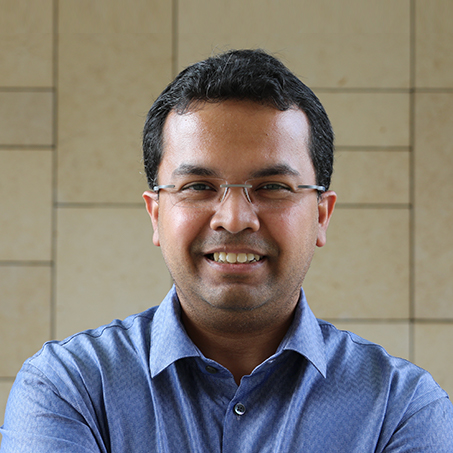
Muhammad Hussain, electrical engineering—promoted to the rank of professor
KAUST Professor Muhammad Hussain received his Ph.D. in electrical and computer engineering from The University of Texas at Austin in December of 2005. He came to KAUST in 2009 following several years of working in industry with Texas Instruments and SEMATECH. Hussain is an innovative leader in the area of flexible and stretchable complementary metal-oxide-semiconductor (CMOS) electronics and nanoelectronics (for example, wearable computers and sensors), and has shown that CMOS devices can be successfully used in flexible electronics. His work has received extensive media attention, including a 2016 Washington Post article concluding that research that takes place in his group can usher in a new global era of technology accessibility.
Hussain serves as an associate editor of IEEE Transactions on Electronic Devices and is editor-in-chief for Applied Nanoscience. He is also a fellow of the American Physical Society and the Institute of Physics (U.K.), and has received 40 international recognitions and awards.
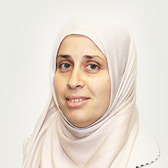
Taous-Meriem Laleg-Kirati, electrical engineering—promoted to the rank of associate professor
KAUST Professor Taous-Meriem Laleg-Kirati joined the University in 2011 after being a postdoctoral fellow and a researcher at INRIA Bordeaux (France). She received her Ph.D. in applied mathematics in 2008 from INRIA and Versailles University. Laleg-Kirati's work is in the general area of mathematical control theory, systems modeling and their applications. She has also worked and collaborated on a variety of applications for infinite-dimensional systems, including desalination, medical imaging and solar-distributed collectors.
Laleg-Kirati publishes in top-ranked journals, including SIAM Journal on Scientific Computing, Solar Energy, Journal of Mathematical Biology, Journal of Neuroscience and IEEE Transactions on Automatic Control. She was elevated to an IEEE senior member in 2015, the same year she won the best paper award at the IEEE International Conference on Control Engineering and Information Technology with one of her students. She is a valuable collaborator in the Kingdom with several organizations, including KFUPM and King Abdullah Medical Imaging Center, and is a very effective mentor to her students.
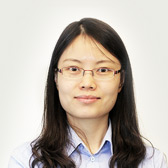
Xiangliang Zhang, computer science—promoted to the rank of associate professor
KAUST Professor Xiangliang Zhang obtained her Ph.D. in computer science from INRIA in 2010 and was a visiting scientist at IBM before she joined KAUST as an assistant professor in 2011. Zhang's research is in the field of machine learning and data mining, and she specializes in analyzing temporal data like traffic data and data involving movement of mobile phone users. She develops algorithms to more efficiently represent the knowledge found in raw data and to analyze this data.
Zhang's research collaborations include work with IBM on cloud computing and work with the KAUST Red Sea Research Center on the behavior of sea animals and on tracking plastic debris in seawater. She publishes in top journals in the field, such as IEEE Transactions on Knowledge and Data Engineering and Journal of Very Large Data Bases, as well as in the proceedings of top conferences, such as in the Conference on Knowledge Discovery and Data Mining and the Conference on Information and Knowledge Management. Zhang is also a popular professor who is extremely effective at combining both theory and practice in her courses.
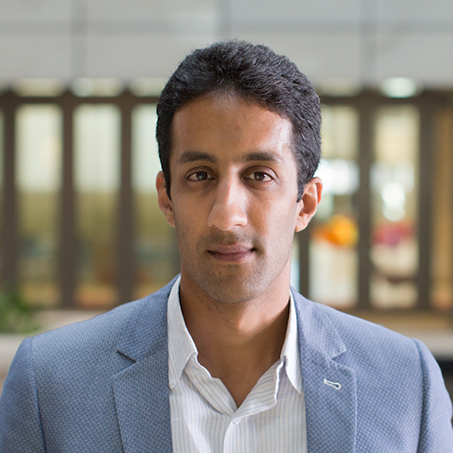
Mani Sarathy, chemical and biological engineering—promoted to the rank of associate professor
KAUST Professor Mani Sarathy obtained his Ph.D. in chemical engineering in 2010 from the University of Toronto. He spent two years at Lawrence Livermore National Laboratory before joining KAUST in 2012. Working in the University's Clean Combustion Research Center, he develops state-of-the-art comprehensive chemical kinetic models to simulate fuel combustion in automotive, aviation and stationary power-generation engines. His research involves developing complex chemical-reaction networks with associated kinetic, thermodynamic and transport parameters to predict combustion processes. Various fundamental experiments are conducted in his laboratories to develop cleaner burning fuels. His group is also developing a combustion cyber infrastructure for public access to their fuel design tools.
Sarathy was selected as a Highly Cited Researcher in 2015 by Thomson Reuters and publishes in internationally recognized combustion science and engineering journals. He is an associate editor for Proceedings of the Combustion Institute, an editorial board member for Combustion and Flame and has served as a colloquium co-chair for the 36th International Combustion Symposium for the Combustion Institute in 2016. He has several pending U.S. patents.
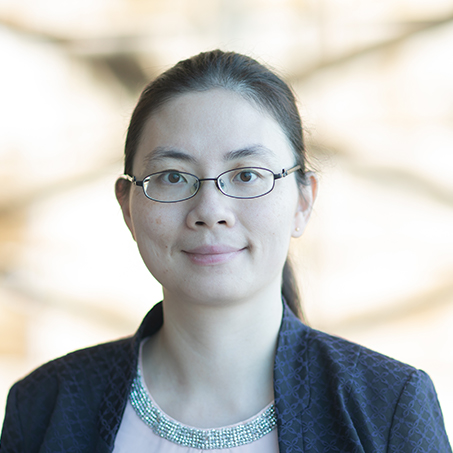
Ying Wu, applied mathematics and computational science—promoted to the rank of associate professor
KAUST Professor Ying Wu joined the University in 2010 after completing a visiting scholar position at Stanford University. She obtained her Ph.D. in physics in 2008 from Hong Kong University of Science and Technology, which was followed by a two-year postdoctoral fellowship. She works in the fields of modeling and computing classical wave propagation in complex systems, with a particular focus on homogenization schemes of complex heterogeneous media, metamaterials and Dirac and Dirac-like cones in periodic systems. Her contributions to the effective medium theory have pushed forward the state-of-the-art in this field, and her theory has been successfully used to design the first double-zero-index material.
Her publications appear in highly selective and prestigious journals in physics, such as Nature Materials, Physical Review and Applied Physics Letters. She is regularly invited to speak at major conferences and other venues, and is a gifted and highly effective teacher with strong involvement with her students and postdoctoral fellows. Notably, one of her students has been selected to attend the Lindau Nobel Laureate Meeting this year.

